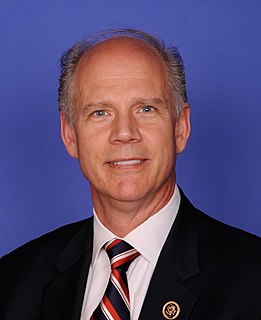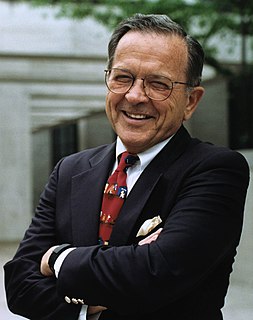A Quote by Rebecca MacKinnon
Twitter is growing up, expanding into other countries, and recognizing that the Internet is contrary to what people hoped; the government does reach into the Internet.
Related Quotes
Everyone should be concerned about Internet anarchy in which anybody can pretend to be anybody else, unless something is done to stop it. If hoaxes like this go unchecked, who can believe anything they see on the Internet? What good would the Internet be then? If the people who control Internet web sites do not do anything, is that not an open invitation for government to step in? And does anybody want politicians to control what can go on the Internet?
It is true that authoritarian governments increasingly see the internet as a threat in part because they see the US government behind the internet. It would not be accurate to say they are reacting to the threat posed by the internet, they are reacting to the threat poised by United States via the internet. They are not reacting against blogs, or Facebook or Twitter per se, they are reacting against organizations like the National Endowment for Democracy funding bloggers and activists.
No matter how much it's growing, the Internet still is a pretty specific demographic. It doesn't necessarily represent the general populace. There is stuff that is blown up on the Internet that isn't hugely successful with the entire world, and vice versa. I don't put a tremendous amount of stock in it, but at the same time, you always want people to like what you're doing. Certainly, to have come from an Internet background, we want to stay faithful and have people be supportive and happy with what we're doing.
[On the Internet and activism:] The danger of the Internet is cocooning with the like-minded online - of sending an email or twitter and confusing that with action - while the real corporate and military and government centers of power go right on. In a way, the highest purpose of the Internet is to bring us together for empathy and action. After all, the reflector cells and empathy-producing chemicals in our brains only work when we're physically together with all five senses. You can't raise a baby online.
I just the other day got, an internet was sent by my staff at 10 o'clock in the morning on Friday and I just got it yesterday. Why? Because it got tangled up with all these things going on the internet commercially... They want to deliver vast amounts of information over the internet. And again, the internet is not something you just dump something on. It's not a truck. It's a series of tubes.
































